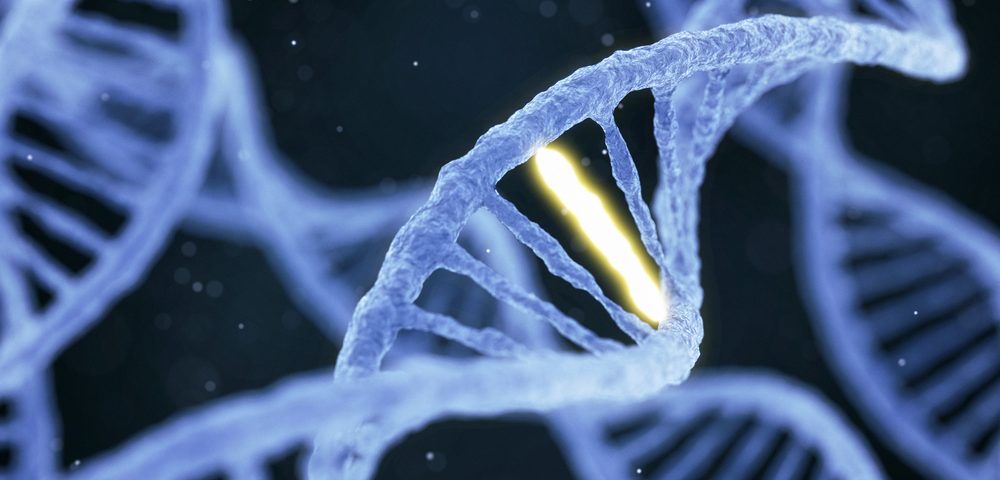A new study suggests that tumors with more mutations respond better to immunotherapy. But determining what constitutes a “high” number of mutations in a given tumor type, and implementing information as a prognostic marker in clinics, will be challenging.
The study, “Tumor mutational load predicts survival after immunotherapy across multiple cancer types,” was published in Nature Genetics.
Immune checkpoint inhibitor therapy works by helping the body’s immune system identify and destroy tumor cells. While some patients respond exceptionally well to this therapy, it can have serious side effects, including damage to the kidney and lungs. That is why determining which patients will respond to this immunotherapy has become a major challenge for clinicians and researchers.
In the study, mutational data from 1,662 patients with advanced cancer who were treated with checkpoint inhibitor therapy were analyzed, along with additional data from more than 5,000 patients who weren’t treated with this therapy, but for whom mutation data was available.
Most patients had cancer for which immune checkpoint therapy is already approved, including 350 non-small cell lung cancers, 321 melanomas, 151 renal cell carcinomas, 214 bladder cancers, and 138 head and neck squamous cell carcinomas.
Immune checkpoint inhibitors included Tecentriq (atezolizumab), Bavencio (avelumab), Imfinzi (durvalumab), Yervoy (ipilimumab), Opdivo (nivolumab), Keytruda (pembrolizumab) or tremelimumab, either alone or in combination.
Among patients who received checkpoint inhibitor therapy, those with the highest number of mutations — termed tumor mutational burden (TMB) — had better average overall survival than those with lower numbers of mutations. However, this survival advantage was not seen in patients with high TMB who received other treatments, indicating that tumors with more mutations respond better to immunotherapy. This finding is similar to the findings of other recent studies.
“Our data overall suggest that TMB is associated with increasing overall survival in a dose-dependent fashion,” the researchers wrote in their paper.
In many ways, this is intuitive. The immune system is designed to identify and destroy cells that are behaving abnormally, like cancer cells. When tumors grow, they often find ways to escape detection by the immune system. Tumor cells with more mutations might be easier for the immune system to differentiate from normal cells, making them more likely to be destroyed, particularly when immunotherapies enhance the anti-cancer immune response.
However, this distinction was far from clear-cut in the study. In particular, the line between “high” and “low” TMB varied drastically between different cancer types. This means that clinicians likely will need to determine an arbitrary cutoff for different tumor types.
Determining TMB in a clinical setting also will be a challenge. Different technologies can sequence the whole tumor genome or only part of it, and different analysis methods can yield conflicting results.
Much more research will be required to pinpoint which cancer patients will respond best to which therapies, including immunotherapies.


